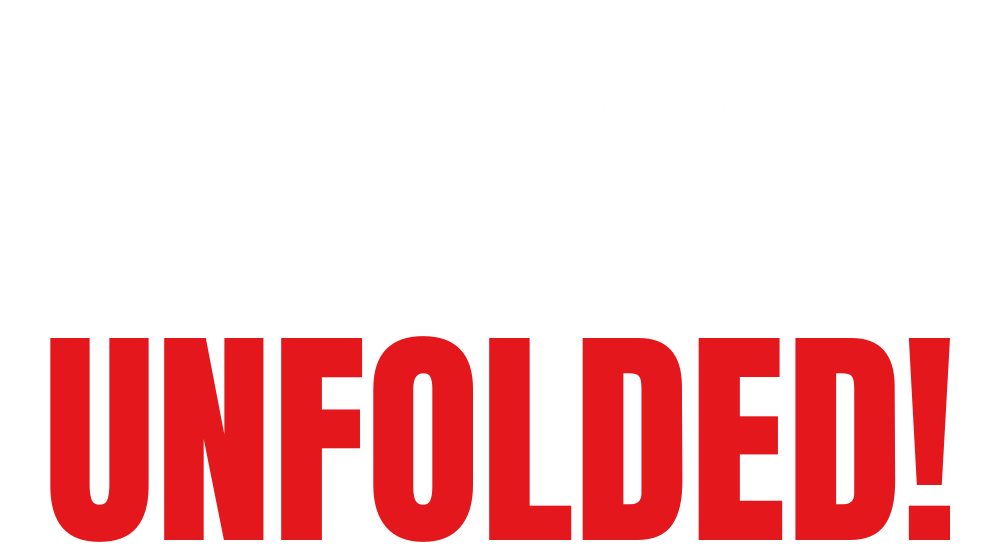The assassination of conservative firebrand Charlie Kirk has led to extraordinarily tense occasions within the nation, fueled by the rhetoric of President Donald Trump and different right-wing figures. Political commentator Ezra Klein introduced award-winning journalist and creator Ta-Nehisi Coates on his present to debate the difficulty, notably days after Coates took Klein’s protection of Kirk’s rhetoric to activity.
The dialog about Kirk confirmed Coates’ extremely nuanced and correct observations of the Turning Level USA founder all through, in addition to his disagreements with Klein’s “uncomfortable” perspective that Kirk’s viewpoints have been beneficial in political discourse. Coates expressed his view previous to the New York Occasions-hosted podcast in a Self-importance Truthful article, which took aside Klein’s take level by level, and touched on that in a number of moments all through the podcast. The 2 are buddies, with Coates having appeared on Klein’s podcast quite a few occasions.
Klein acquired proper to asking concerning the focus of Coates’ disagreement together with his take, main Coates to explain Kirk as a “hatemonger,” stating that he was adept at using hate as a robust power, and will primarily be considered in that means.
The Between The World and Me creator additionally illustrated how Black Individuals on an entire have been accustomed to combating for what’s proper and dropping within the course of, with out abandoning rules due to these losses, versus those that search to go away from that battle.
Coates additionally disagreed with Klein’s introduction of how some are clamoring for a “nationwide divorce” alongside political traces, suggesting that these making these statements aren’t to be regarded significantly.
Coates took care to state to Klein that his place is vastly completely different as a result of he grounds his politics in the concept he sees all humanity as equal, and that his occupation reinforces that.
In a extra informal second within the dialog regarding Buddhist meditation practices, Klein really confesses that the continued dialogue with Coates and the present political upheaval has him at a loss.
Coates does present a way of optimism regardless of the present political chaos, pointing to this present era of white individuals for instance.




